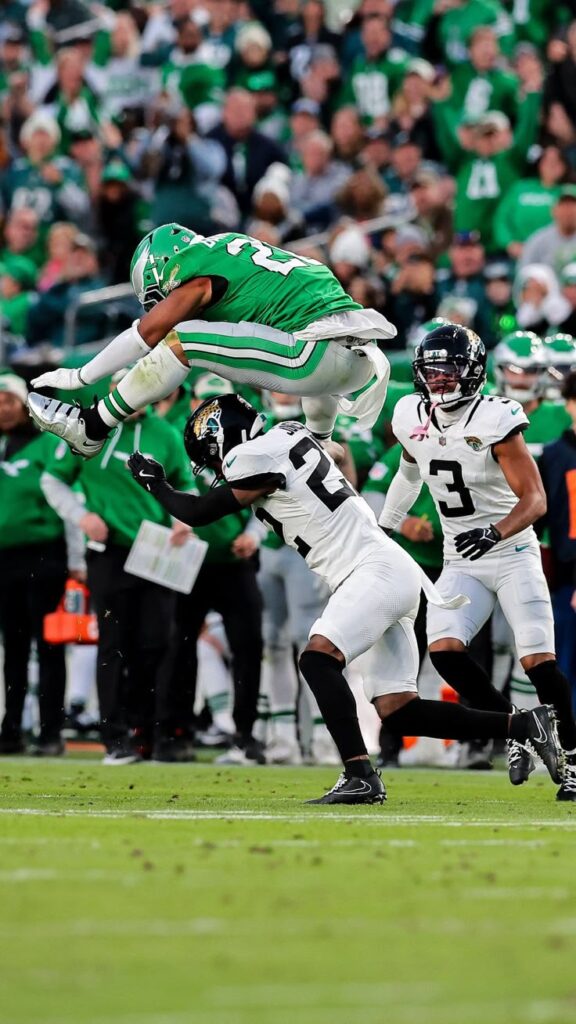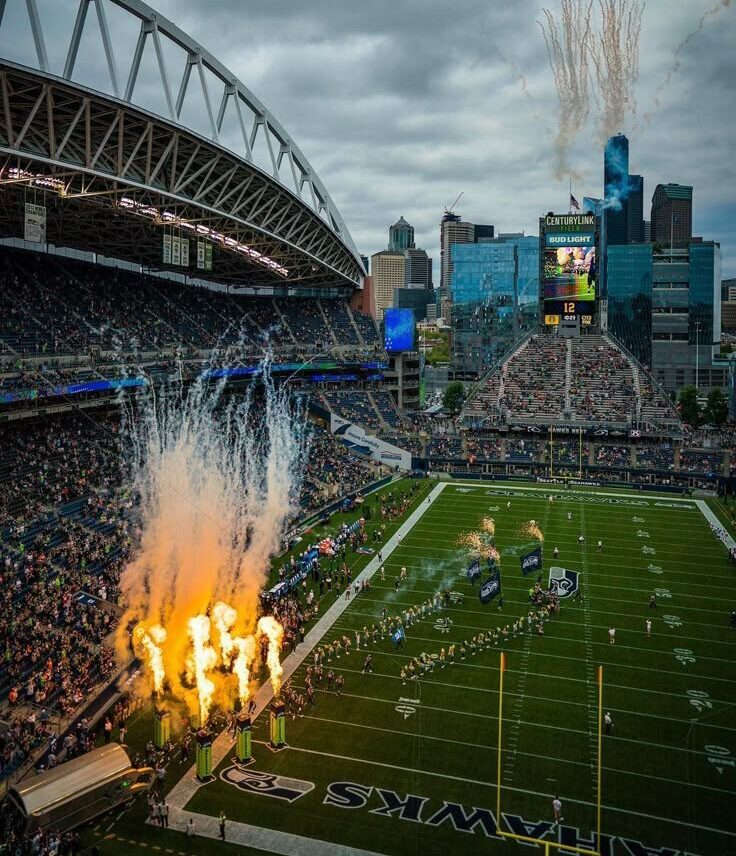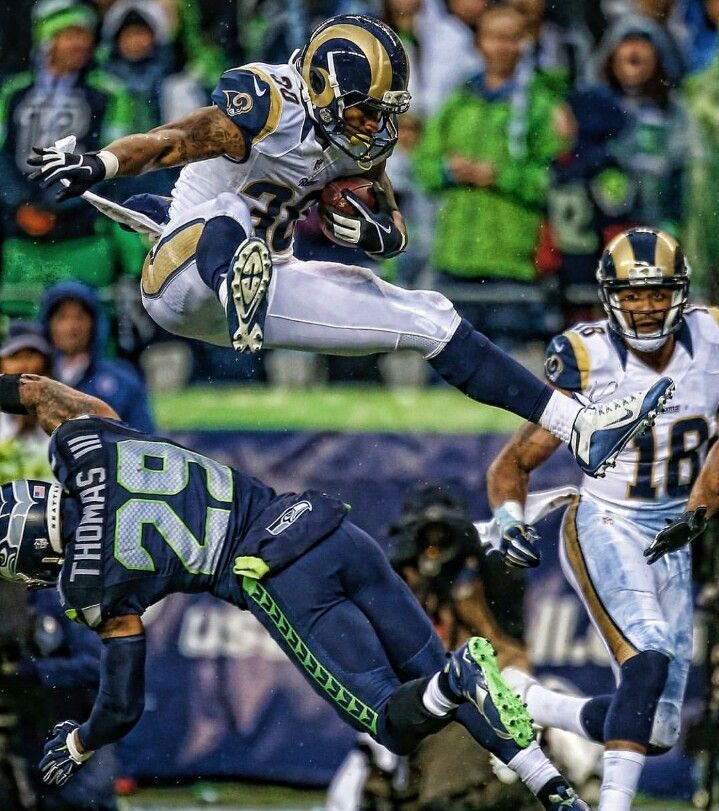The Super Bowl
The Super Bowl (NFL's Commercial and Economic Impact)

The Super Bowl is not just a championship game—it’s a massive economic and media event that attracts global attention, and it has been an incredibly profitable venture for many stakeholders involved. Let’s take a detailed, advanced look at the investment structure, economic impact, revenues, and the key stakeholders that benefit from this spectacle.
The Super Bowl is the annual championship game of the National Football League (NFL), traditionally held on the first Sunday of February.
- Airing: Broadcasted live across numerous platforms, with the majority of the viewership on television and increasingly on digital streaming services.
- Average Viewership: Over 100 million viewers globally, making it one of the most-watched television broadcasts in the world. For example, Super Bowl LV (2021) reached approximately 96 million viewers, while Super Bowl LVI (2022) peaked at 112 million viewers across all platforms.
- Revenue Generation: Super Bowl revenue generation comes from multiple streams, including advertising, ticket sales, sponsorships, and merchandising.
Investment Breakdown in the Super Bowl
Key Stakeholders in the Super Bowl
National Football League (NFL)
- Role: The NFL owns the rights to the Super Bowl and is the primary revenue-generating entity.
- Revenue Generation: The NFL generates substantial income from broadcast rights, advertising sales, licensing, and event-related activities.
Host City and Stadium Owners
- Venue Selection: The NFL partners with a host city and its stadium owners for each Super Bowl event. These are typically large, multi-purpose stadiums (e.g., SoFi Stadium in Los Angeles, MetLife Stadium in New Jersey).
- Host City Impact: Cities bid for the privilege to host the Super Bowl, and the economic boost for the city is significant—generating millions in tourism, hospitality, and local commerce.
Sponsors and Advertisers
- Role: Super Bowl sponsors and advertisers play a huge role in the profitability of the event.
- Top Tier Sponsors: Pepsi, Budweiser, Ford, Verizon, and Microsoft are examples of major sponsors who contribute millions to the event.
- Advertising Revenue: Advertisers pay a premium to air commercials during the Super Bowl, with prices for a 30-second ad ranging from $5 million to $7 million in recent years.
- Revenue from Ads: The total revenue generated from Super Bowl LV (2021) from commercials was about $545 million.
Media Rights Holders
- Broadcasters: Major TV networks, such as CBS, NBC, and Fox, purchase the rights to air the Super Bowl. These broadcasters pay billions in licensing fees.
- Revenue from Media Rights: The deal for media rights is one of the most lucrative aspects of the event. The 2023 NFL broadcast deal with CBS, NBC, and Fox was worth approximately $110 billion for 11 years (or around $10 billion annually), with the Super Bowl being the centerpiece of this deal.
- Broadcasters: Major TV networks, such as CBS, NBC, and Fox, purchase the rights to air the Super Bowl. These broadcasters pay billions in licensing fees.
Financial Overview: Revenue Streams and Profitability
Key Revenue Streams
Ticket Sales
- Stadium Capacity: The Super Bowl is typically held in a stadium with a capacity of around 70,000 to 80,000 seats, though the total number of tickets sold can vary based on stadium configuration and local regulations.
- Ticket Pricing: Super Bowl tickets have a range in price, with average prices in recent years being around $3,000 to $6,000 per ticket, depending on the seat location.
- Total Revenue from Ticket Sales: The Super Bowl LV (2021) generated approximately $50 million from ticket sales alone. In addition to the tickets, there are also revenues generated from premium seating, hospitality packages, and VIP experiences.
Advertising
- Commercial Revenue: As mentioned, advertisers pay a premium for air time during the Super Bowl, with 30-second ad slots typically costing between $5 million to $7 million in recent years.
- Total Advertising Revenue: The Super Bowl LV (2021) generated around $545 million from commercials. The NFL and the host city/stadium owners also benefit from additional advertising revenue generated in the build-up to the event, with billboards, promotions, and local media contributing additional revenue streams.
Sponsorship and Licensing
- Licensing of Products: The Super Bowl generates significant revenue from the licensing of merchandise and products, such as branded apparel, souvenirs, and collectibles.
- Sponsor Fees: Tier-one sponsors (e.g., Pepsi, Ford, Microsoft) typically contribute millions of dollars each for the exclusive rights to advertise and brand the Super Bowl experience.
- Sponsorship Revenue: Super Bowl LV (2021) had $700 million in total sponsorship revenue from major corporations.
Digital Streaming Revenue
- Digital Transition: The NFL has increasingly focused on digital streaming rights with partners such as Amazon Prime Video and YouTube TV. Streaming has become an important new source of revenue.
- Streaming Growth: Super Bowl LV had over 11 million streaming views across various digital platforms (including mobile apps), contributing additional revenue to the broadcast rights.
Economic Impact of Hosting the Super Bowl
Hosting the Super Bowl provides a major economic boost for the host city through various channels such as tourism, local commerce, and employment.
Economic Impact on Host Cities
Tourism: Thousands of visitors travel to the host city for the event, filling hotels, restaurants, and local attractions. The host city typically sees a surge in revenue from tourism.
- For example, Super Bowl LIII (2019), hosted in Atlanta, brought in an estimated $400 million in direct spending related to tourism.
Local Commerce: Local businesses, particularly those in the hospitality, retail, and transportation sectors, benefit directly from the influx of visitors.
- Revenue for Local Businesses: Restaurants, bars, and shops in and around the stadium see increased sales, with some vendors reporting a 30-50% boost in revenue during Super Bowl week.
Employment: The Super Bowl also creates temporary jobs, from event security personnel to service staff in hotels, airports, and other venues.
- Employment Creation: In the lead-up to the Super Bowl, the host city can expect to create thousands of temporary jobs, contributing to a reduction in local unemployment for the event duration.
Local Economic Impact Estimates
- Super Bowl LV (2021) had an estimated economic impact of $500 million on the Tampa Bay area, where the game was hosted. This includes both direct and indirect spending (e.g., visitors spending on lodging, transportation, dining, etc.).
Return on Investment (ROI) for Stakeholders
NFL’s Return
The NFL’s investment in the Super Bowl, including the production, infrastructure, and marketing of the event, yields substantial returns through the aforementioned revenue streams. With media deals worth $110 billion over 11 years, the Super Bowl represents one of the most profitable sporting events globally.
- ROI for NFL: The NFL’s initial investments in organizing and hosting the Super Bowl (production costs, event hosting fees, etc.) are dwarfed by the revenues generated from broadcast deals, advertising, sponsorships, and licensing.
- ROI: The NFL’s return is effectively measured in billions, with each Super Bowl generating billions of dollars in media rights, advertising revenue, sponsorships, and licensing.
Host City’s ROI
The host city benefits economically by driving tourism, creating jobs, and enhancing local business activity.
- ROI for Host Cities: Cities that host the Super Bowl can see an ROI of anywhere from 3x to 10x in terms of the value they receive from tourism, local spending, and job creation.
Sponsors’ ROI
Super Bowl sponsors gain incredible exposure and the opportunity to engage with an audience of millions.
- ROI for Sponsors: For a $5 million investment in a 30-second ad, companies like Pepsi and Budweiser see massive returns in terms of brand recognition, consumer engagement, and sales growth during and after the event.
Conclusion: Super Bowl as a Global Investment Opportunity
The Super Bowl represents one of the highest-return investment opportunities in the world of sports, media, and entertainment. The NFL, host cities, sponsors, advertisers, and broadcasters all benefit from this multi-faceted event, with massive revenues generated across several different sectors. Whether through advertising, media rights, sponsorships, or tourism, the Super Bowl continues to be an economic powerhouse with unparalleled profitability, benefiting all parties involved.
For investors, businesses, and stakeholders, the Super Bowl remains a flagship investment opportunity that delivers consistent, high-yield returns year after year.



Client Details
Pepsi, Budweiser, Ford, Verizon, and Microsoft, CBS, NBC, FOX and Individual Investors.
Service Provided
Financing, Marketing, Tax Advising, Consulting, Budget Evaluation and Planning.
Project Timeline
3 Months planning, 1 month completion
Business Resources
The deal for media rights is one of the most lucrative aspects of the event. The 2023 NFL broadcast deal with CBS, NBC, and Fox was worth approximately $110 billion for 11 years (or around $10 billion annually), with the Super Bowl being the centerpiece of this deal.
